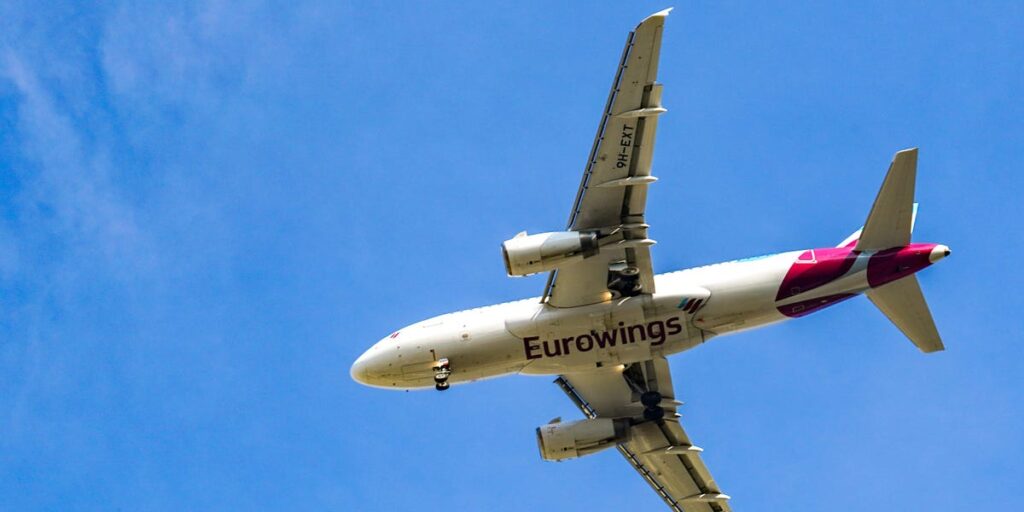Despite political tensions and growing anti-American sentiment, US travel is holding steady among European tourists — especially when prices drop.
From January to April, several major travel platforms observed a slowdown in European bookings to the US.
Thomas Cook reported a dip that exceeded typical seasonal fluctuations.
“We did observe a softening in bookings to the US between January and April this year — a dip that goes beyond the usual seasonal adjustments,” Nicholas Smith, holidays digital director at Thomas Cook and eSky Group, told Business Insider.
However, by May, things began to shift. Smith said aggressive pricing strategies, including hotel rate cuts of around 25% and deposits of just over $1, triggered an uptick in bookings.
“This has, in turn, helped stimulate demand, particularly among UK travelers adept at spotting good deals,” he said. “We expect this rebound to continue into the summer months.”
Other travel firms echoed that optimism.
TravelPerk, which serves business and corporate travelers, said bookings to the US from Europe rose 1% year over year in April, while US to Europe bookings climbed by 14%. Cancellation rates remained stable at 7 to 9%.
Etraveli Group, which analyzed bookings through April, found that while demand for flights from the EU to the US declined by 7%, overall trip orders to the US from Europe jumped 19.5% year over year.
However, bookings to other intercontinental destinations grew even faster, up 24.3% overall, 29% for Africa, and 25% for Asia. Shorter intra-European trips surged by 29%.
Tariff backlash
These shifts are unfolding against a politically charged backdrop.
President Donald Trump’s escalating trade war, with tariffs on EU imports swinging from 20% to 10% and now potentially rising to 50%, has triggered grassroots consumer backlash across Europe.
Apps like Brandsnap in the Netherlands and Detrumpify in France are helping Europeans identify US brands to avoid in supermarkets and online.
In Denmark, major retailer Salling Group labelled European-made products with black star labels, while Norway’s largest oil bunkering operation company, Haltbakk Bunkers, made headlines for briefly refusing to refuel US Navy ships.
Meanwhile, high-profile American brands like Tesla and Coca-Cola are already seeing a fallout.
Tesla’s sales in Europe dropped by 46% between January and April, according to data from the European Automobile Manufacturers Association, and McDonald’s reported a global sales dip linked to “anti-American sentiment,” especially in Northern Europe.
This behavior may reflect more than a passing political reaction. In its March Consumer Expectations survey, the European Central Bank found that 44% of about 19,000 respondents preferred to switch away from US brands, regardless of tariff levels.
The bank warned that this suggested a “possible long-term structural shift in consumer preferences away from US products and brands.”
It may not be a long-term shift
French hotel giant Accor added to the concerns last month. CEO Sébastien Bazin told Bloomberg that summer bookings to the US from Europe were down 25%.
Yet, travel industry analysts cautioned against assuming this signals a long-term shift.
“While there is evidence of a temporary slowdown at this stage, the combination of price adjustments and strong interest in iconic US destinations suggests the market is poised to recover momentum,” said Smith of Thomas Cook.
Hosuk Lee-Makiyama, director of the European Centre for International Political Economy, told BI that politics isn’t the only factor deterring travelers.
“Some of it is a genuine disinclination against spending your holidays in the US,” he said, “but much of it is the fear of harassment at the border.”
Read the full article here


